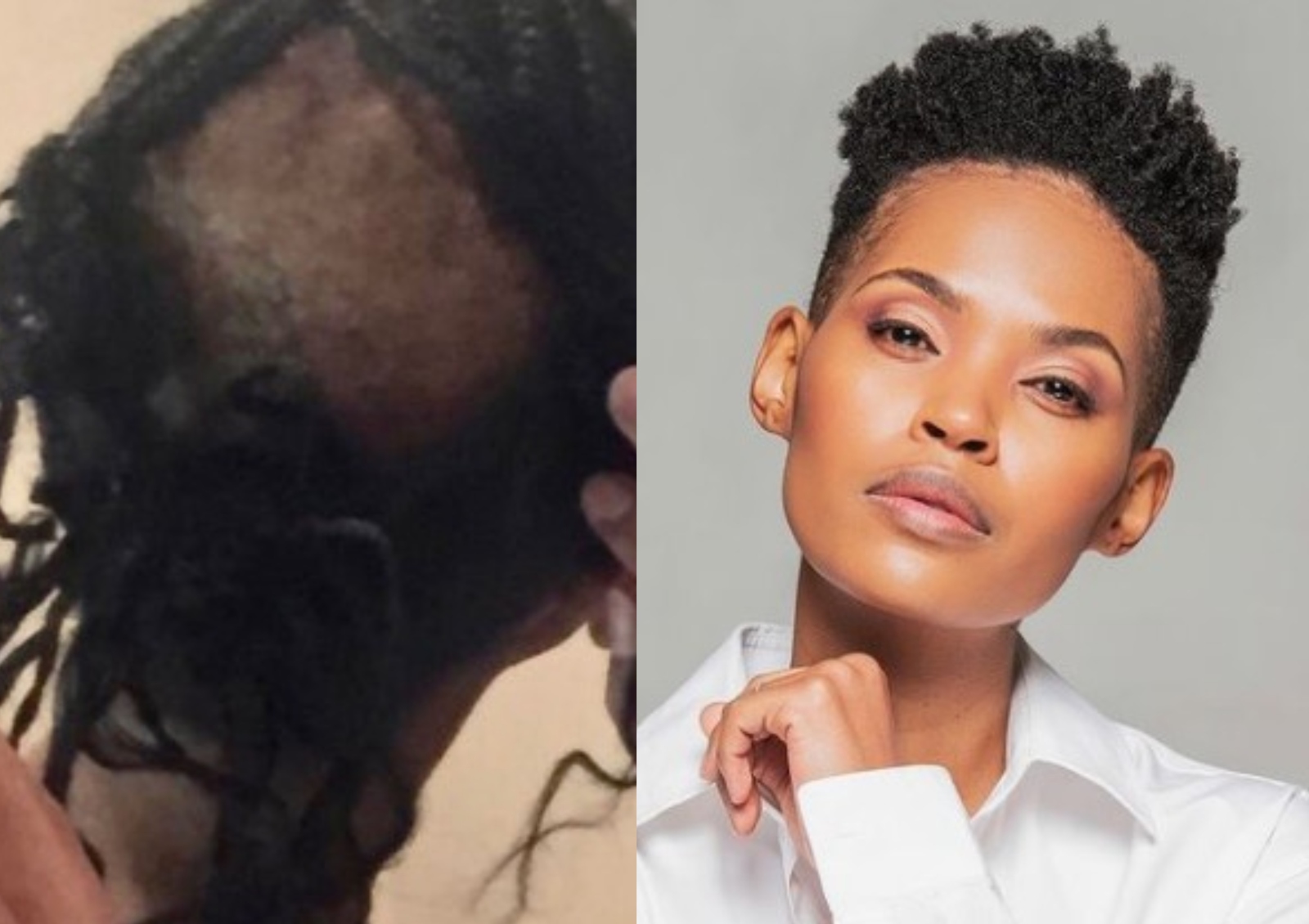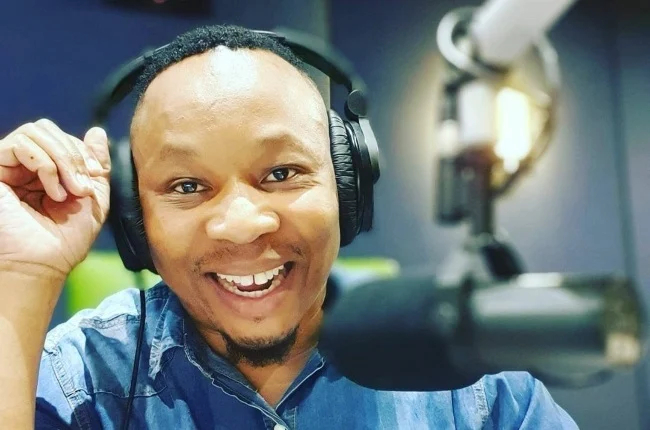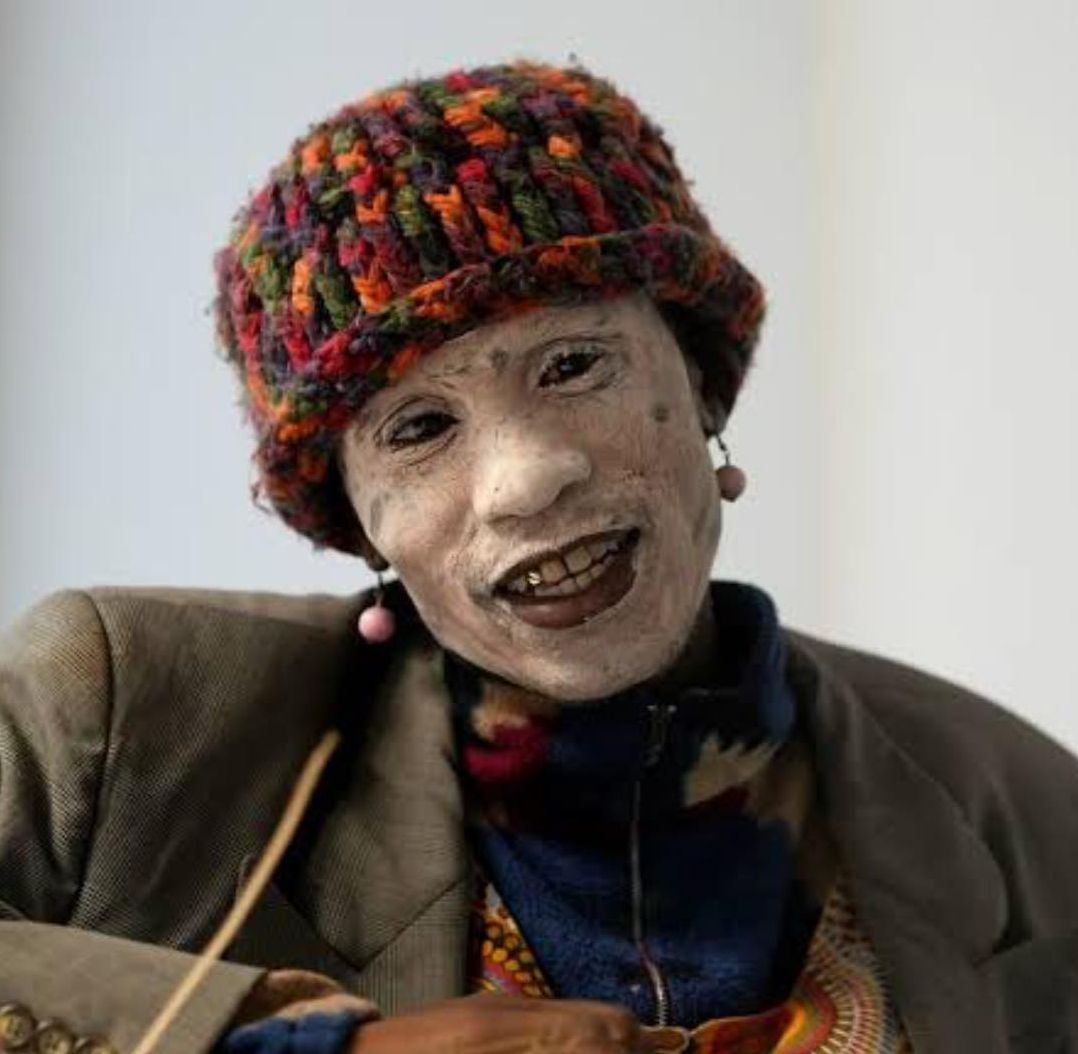Actress, mom, and businesswoman Gail Mabalane first cut her hair after being diagnosed with alopecia in 2019. She speaks openly and from the heart about her battle with alopecia. Alopecia is a condition that develops when the body attacks its own hair follicles. This can cause hair loss anywhere on the body. Many people who develop alopecia are otherwise healthy. They suffer hair loss and sometimes nail changes but remain in good health.
HELPING PEOPLE WITH ALOPECIA
The Blood and Water actress started a YouTube channel where she shares her personal hair journey and the struggles that black women face when it comes to their hair. She has been helping women suffering from hair loss through her products, Ethnogenics which she started to help with hair growth as well as telling her story. "I will always recommend a dermatologist to get alopecia properly diagnosed and treated. Ethnogenesis is a maintenance product,' she says. Gail has been getting positive feedback from people she has helped. "Mine is a genetic condition that I trust will disappear, so it's an ongoing journey.' She says self-acceptance helped to regrow her hair. "I said, if this is the new me, then let it be.' Gail shared in an interview that there are lifestyle changes that she also needed to make. "Mine is genetic, but there are definitely bad hair practices that contribute dove the years.'
OPENING UP
Last year, she opened up on Alopecia Month about how to live with alopecia. "My wish is for everyone who is experiencing hair loss to know that you are not alone. I know that the experience comes with a ton of emotions. When we work through them, we come out stronger on the other side.' She went on to advise people on how to live with alopecia. "Get help as soon as you see it. Don't wait to consult a dermatologist because early detection and treatment may prevent permanent hair loss. Identify 'your tribe.' This can be an emotional journey. Find the people who offer support, we can't do it in secret.' Gail says people living with alopecia should find products that support their regrowth process. "I struggled with this, hence the birth of Ethnogenics. Be conscious of what you put your scalp and hair through. A lot of hair loss is self-inflicted. So, if we know better, we can do better,' she says. "Despite what society has taught us to believe. We are not our hair. Our hair is a part of us, but we are much more than that.'







